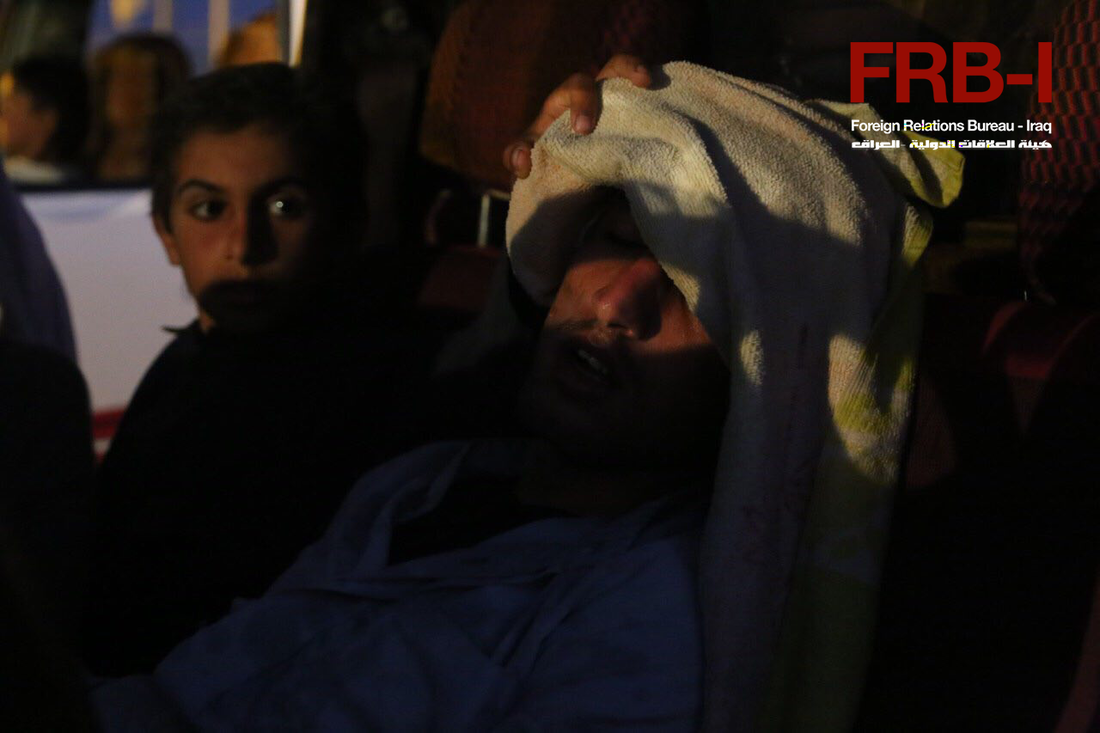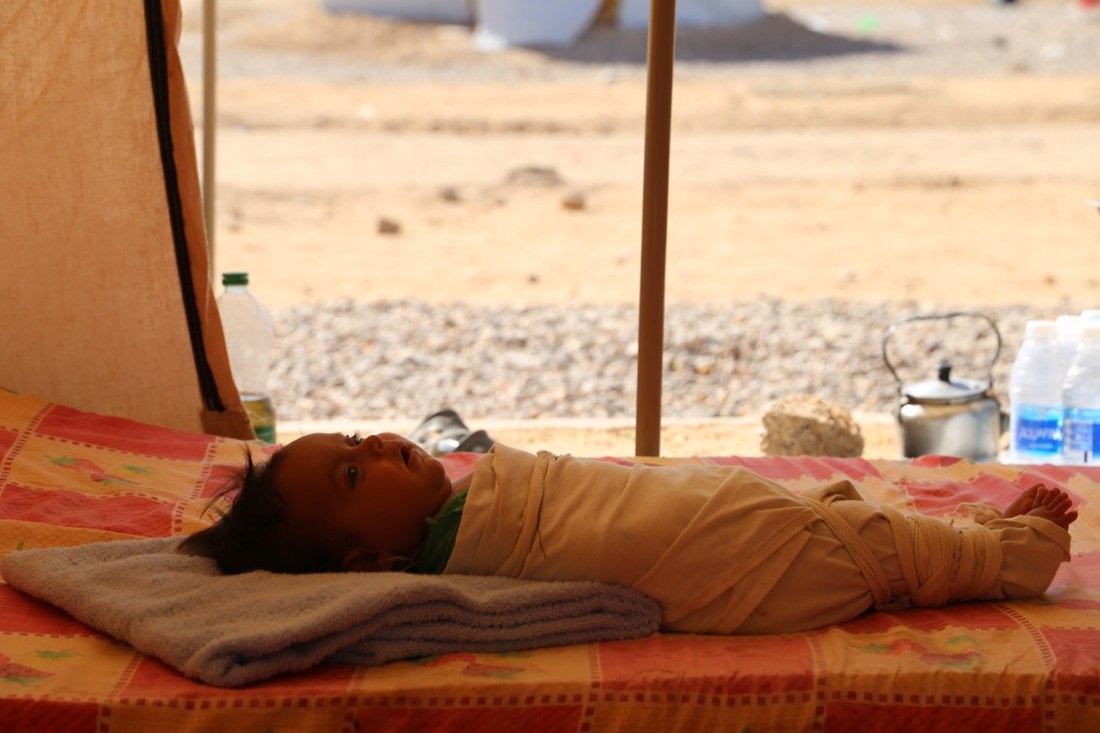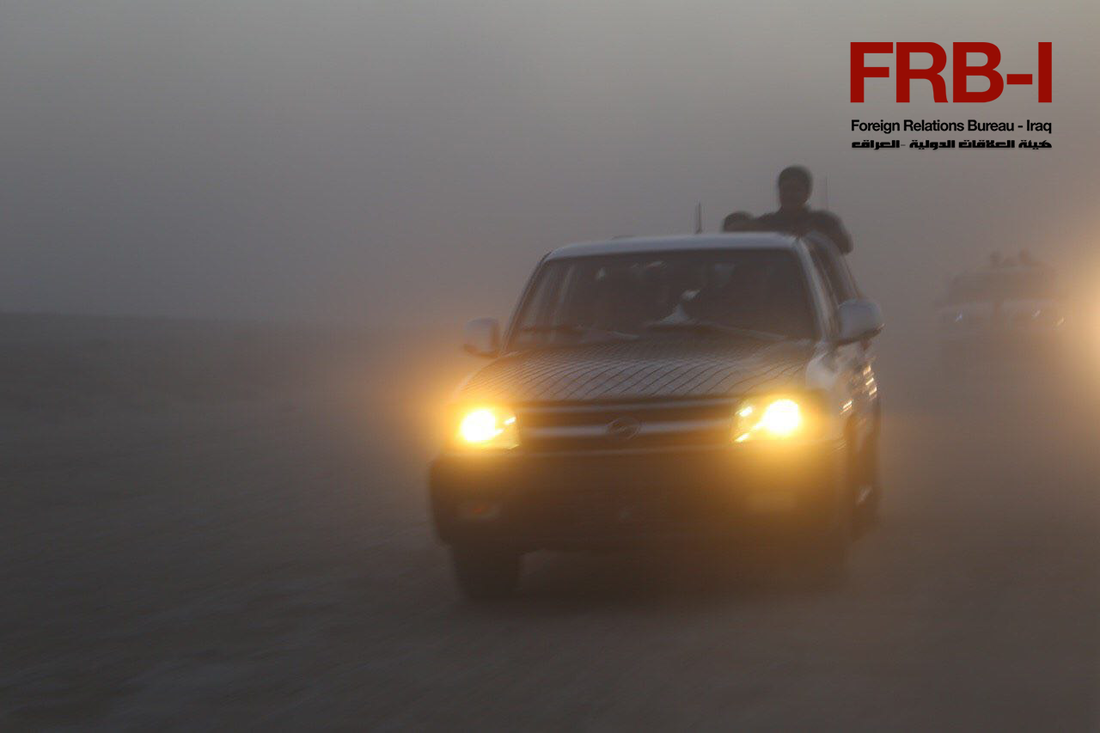The air offensive that began at the start of September this year, is part of the Iraqi government efforts to flush out terrorists scattered across the planes of Anbar, in a phase that resembles many others before it.
Lacking passages to safety, families had little choice but to cross the border via Qaim into Syria where they arrived into Deir-e-Zor. Their journey back into Iraq involved travelling through another battle zone, the western town of Ramadi.
To add to their misfortunes, their convoy was intercepted by Islamic State (IS) fighters as they passed Ramadi, forcing the families to split in two groups. The first headed into the barren desert, 35 kilometers north of Ramadi.
News of the exodus reached aid workers after some families successfully reached 18 Kilo camp west of Ramadi. More than 600 people are believed to be stranded in the desert for several days now.
It is unclear whether emergency supplies or relief convoys will be dispatched to these towns anytime soon. It is often argued in western press circles that life in these western towns is no longer held hostage by IS, but it may take years before normality resumes.
As long as IS is able to spring back to its feet despite crushing defeats against it in Mosul and Tel Afar, residents of these western towns may never return home in the foreseeable future.




 RSS Feed
RSS Feed